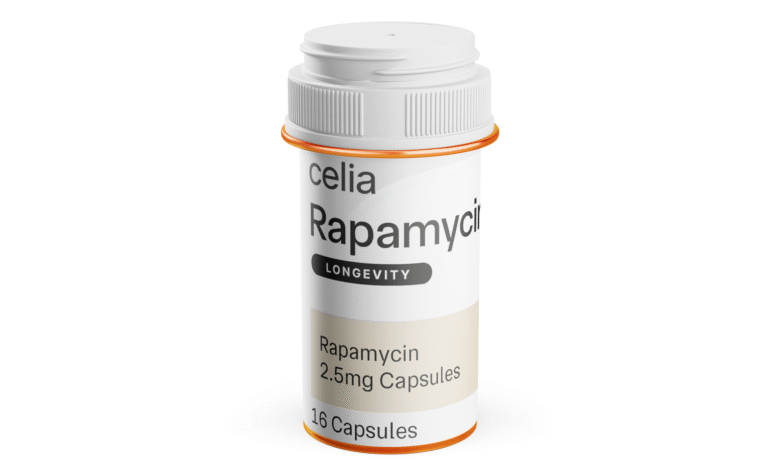The Promising Role of Rapamycin in Anti-Aging: Unlocking the Fountain of Youth

As science advances, the search for ways to delay or reverse the effects of aging intensifies. Among the most promising compounds in this field is rapamycin, a drug that has captured the attention of researchers and longevity enthusiasts alike. Known for its ability to extend lifespan and promote cellular health, rapamycin’s potential in anti-aging therapy is nothing short of revolutionary. Rapamycin anti aging has become a focal point in scientific studies, showing that this drug could be key to improving health span and slowing down the aging process.
What Is Rapamycin and How Does It Work?
Rapamycin, initially discovered as an antifungal agent, has evolved into a critical tool for researchers studying aging. It works by inhibiting a protein called mTOR (mechanistic target of rapamycin), which plays a central role in cell growth, metabolism, and aging. By targeting mTOR, rapamycin helps to regulate the balance between cell growth and repair, thus promoting longevity.
In its anti-aging role, rapamycin is thought to mimic the effects of calorie restriction, a well-known intervention that has been shown to extend lifespan in various organisms. By inhibiting mTOR, rapamycin may induce a state of cellular stress that triggers repair processes, helping cells function more effectively over time.
The Science Behind Rapamycin and Aging
Studies in animals have revealed that rapamycin can extend lifespan and improve health span. For instance, experiments in mice have demonstrated that when given rapamycin at various stages of life, they experience longer lifespans and better overall health. This is particularly exciting because it suggests that rapamycin may be effective not only in younger animals but also in older individuals, where it can still exert its anti-aging effects.
In addition to its impact on lifespan, rapamycin has been shown to have a broad range of benefits for aging-related conditions. These include improvements in cardiovascular health, muscle function, and immune system resilience. By enhancing cellular maintenance and repair mechanisms, rapamycin helps mitigate the decline that typically accompanies aging.
Potential Risks and Considerations of Rapamycin Use
While the promise of rapamycin in anti-aging therapy is significant, it is not without its risks. Long-term use of rapamycin can suppress the immune system, making users more susceptible to infections. Additionally, the drug’s impact on other bodily systems, such as the liver and kidneys, needs to be carefully monitored. As with any therapeutic approach, it’s crucial that rapamycin be used under professional supervision, particularly for individuals considering it for long-term anti-aging benefits.
Researchers are currently working to better understand the long-term effects of rapamycin and to develop safer methods of delivering the drug to target specific tissues without causing harm. Despite these challenges, the excitement around rapamycin as an anti-aging agent continues to grow, as its potential benefits far outweigh the risks in many cases.
The Future of Rapamycin and Anti-Aging
As we look toward the future, rapamycin’s role in aging research is only expected to expand. Researchers are keen to refine its application, potentially combining it with other therapies to maximize its anti-aging effects. Additionally, ongoing clinical trials and studies will continue to provide insights into how best to utilize rapamycin for aging and age-related diseases.
For those eager to explore the possibilities of rapamycin anti aging, staying informed on the latest research and therapeutic breakthroughs is essential. The ongoing studies promise to shed light on how rapamycin can be integrated into personalized anti-aging strategies, offering hope for a healthier, longer life.
In conclusion, rapamycin represents a significant advancement in the quest for longevity. Its ability to target the root causes of aging and enhance cellular repair makes it a powerful tool in the field of anti-aging medicine. As research progresses, we may find that rapamycin could be the key to unlocking the true potential of human longevity. If you want to explore more about rapamycin and its effects on aging, rapamycin anti aging is an excellent resource to deepen your understanding.



